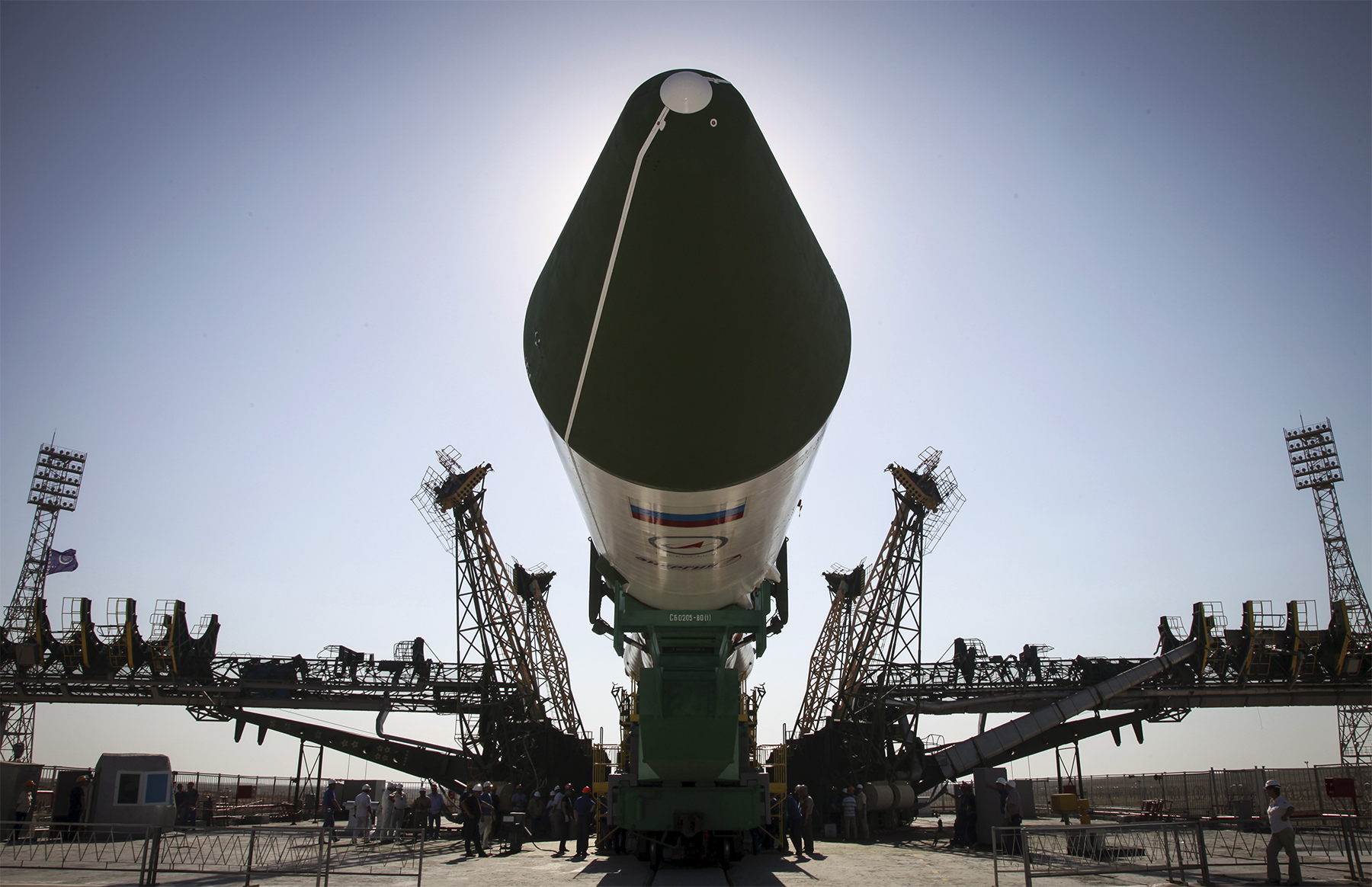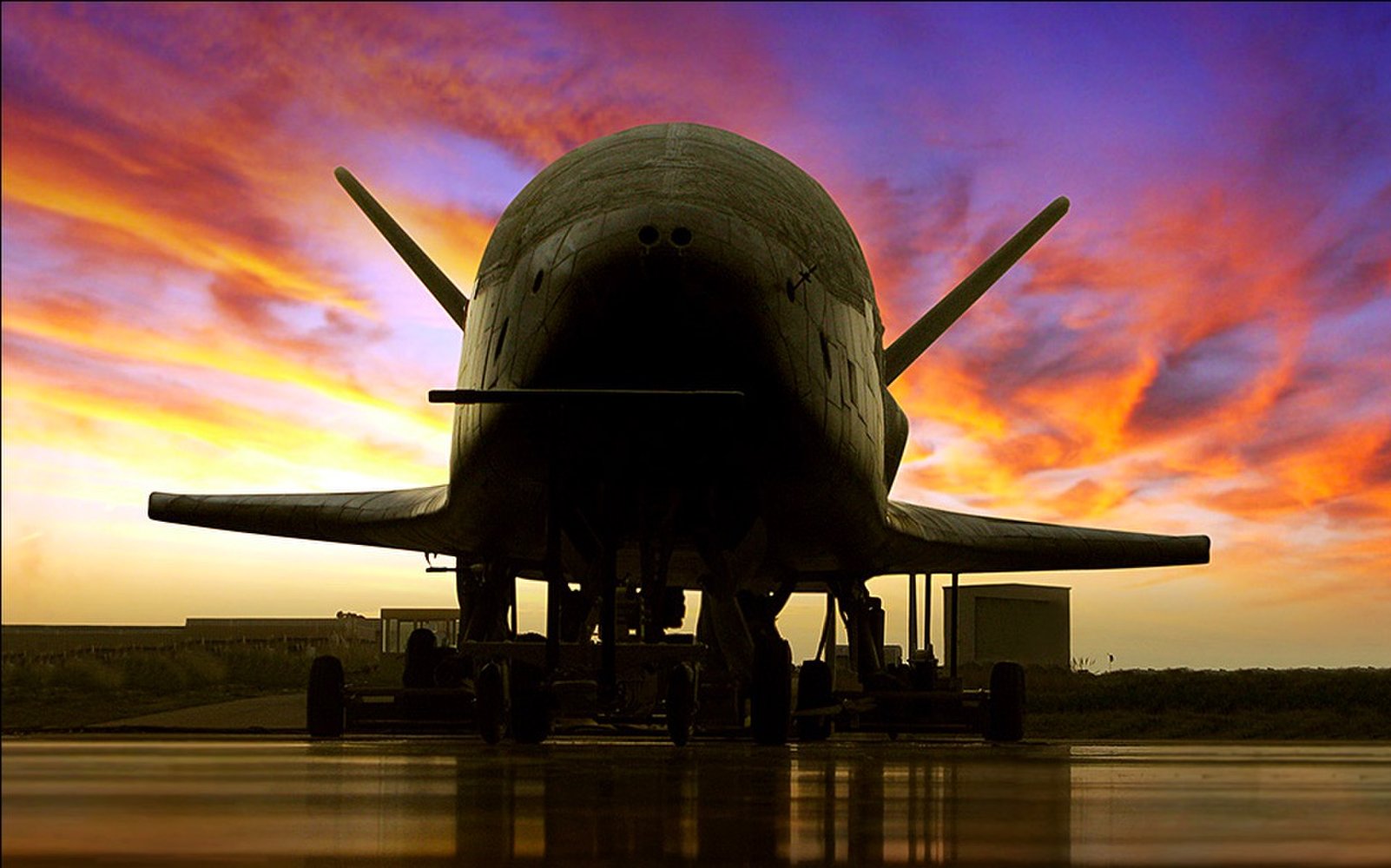Sonay Sarac is a German expert on space security issues at the German Society for Aeronautics and Astronautics. He earned a Peace and Conflict Research M.A. at the Goethe-University in Frankfurt, Germany, with a focus on Space Security and Space Policy. In an interview with the RIAC, Mr Sarac spoke on the advantages of space weapons, measures to help prevent the weaponization of outer space and the risks of space terrorism.
What advantages do space weapons have and what dangers do they pose?
The only advantage I see in space weapons is their potential for deterrence to prevent a pre-emptive attack against one’s own satellites or, should deterrence fail, to defend critical space assets from hostile actions, especially during conflicts. However, these are only limited and short-term advantages when taken into account with several factors. First, the psychological impact would be enormous and could create a hostile environment, because once a state puts weapons into space, geopolitical rivals would be forced to invest in and deploy space weapons as well. I doubt that such a scenario will happen overnight, but it is possible in the medium to long term.
Apart from the political implications, the use of destructive weapon systems in space would be devastating because of the generation of space debris, and the permanent loss of many commercial satellites would have serious consequences for the world economy. Unlike destructive space weapons, non-destructive weapons have the advantage of temporarily disrupting, denying or degrading space systems, which produces little to no space debris. This makes them interesting from a strategic perspective. Electronic-, laser-, and cyber weapons fall into this category and are already coming into use.
However, the difficulty of identifying the source of an attack of such weapons—also known as the attribution problem—can undermine trust between states whose relations are already strained. With that in mind, state and non-state actors can see such situations as an opportunity to conduct False Flag operations. Whether such a campaign could be effective in space is another question.
The proposed Treaty on Prevention of the Placement of Weapons in Outer Space (PPWT) is aimed at maintaining a weapons-free outer space. What are the arguments against the draft treaty? Why should ground-based weapon systems be included in the list of space weapons?
I do not consider diplomatic initiatives like the PPWT to be effective in today's political environment. I would like to give three reasons for that. First, political interests and views about arms control in space are too divergent between the U.S. on the one hand and China and Russia on the other. The United States strongly supports the status quo, which consists of a non-binding and vague legal basis, because it allows the U.S. to interpret norms in a way that is compatible with its national security interests. To understand the behaviour of the United States, one has to understand its strong space dependence and perceived insecurity in this domain.
Unlike the U.S., China and Russia are seeking to establish a binding legal framework probably to achieve a balance of power with the USA, but at the same time they pursue their own hedging strategies in order to be prepared for all future eventualities, should all arms control efforts fail. This could explain China's paradoxical behaviour, why it tested an anti-satellite weapon in 2007, although it strongly supports a weapon-free space. India’s recent anti-satellite test shows the same behaviour. From a national security perspective, this is also understandable, but at the same time, there is a risk that other actors may interpret this dual-track activity as hypocritical. This, in turn, could undermine any efforts like the PPWT. Second, I believe that we are in a geopolitical process of tension, and in such a context, I do not believe that diplomatic efforts like PPWT are promising, as much as I support them from an idealistic point of view.
Third, and this leads to the last part of this question, PPWT tries to define a concept which, from my point of view, cannot be adequately defined, either because of different opinions or because of technical aspects—the term “space weapons.” Ground-based weapon systems should be included in the list of space weapons if they are able to effectively reach targets in space, but what about emerging commercial technologies like manoeuvrable Active Debris Removal and On-Orbit Servicing Systems, the use of which depends on the intentions of the operator?
Is it a space weapon when an ally develops and maintains a satellite that has been deliberately designed to operate in close proximity to other objects, to remove or refuel them? Is it a space weapon when an adversary uses the same commercial technologies to remove space debris? It is nearly impossible to categorise these technologies as space weapons because of their interpretative flexibility. To sum up, I do not think the PPWT alone meets the current security needs of some established space-faring states. Global Space Situational Awareness capabilities need to be driven in parallel if such arms control efforts are to be successful.
What other measures could help prevent the weaponization of outer space?
I see the Space Situational Awareness (SSA) concept as the only realistic approach to overcome the ongoing deadlock in arms control talks for space. The technical ability to detect, identify, track and catalogue space objects as well as events can help to mitigate the so-called “Problem of Other Minds” in a dual-use environment like space, which means the difficulty of correctly interpreting opponents’ intentions with regard to a specific space object or activity.
This psychological problem is exacerbated by the emergence of manoeuvrable technologies like Active Debris Removal and On-Orbit Servicing Systems, because depending on the geopolitical context, these objects can be perceived and interpreted as effective means to reduce space debris and inspecting satellites or potential space weapons. In the latter case, such dual-use technologies can lead to security dilemmas or intensify existing ones because of their inherent ambiguity. By providing more transparency, a global SSA infrastructure can dissolve such ambiguities and can create incentives for more cooperation through data sharing among states.
Overall, I believe we should try to control actors’ behaviour in space, not technological aspects of objects, and such a space security architecture promises a better starting point for success in arms control talks as the current situation does.
In 2019, the U.S. Space Force was established as an independent military branch. What are the positive and/or negative aspects of its creation?
I can’t say much about the organisational aspects of this branch, but what I can say is that conflicts are starting to extend into space and the U.S. Space Force is just the product of this changing space environment. This is indeed reasonable because by creating this new military branch, outer space as a strategic domain is getting the attention it deserves, and this is overdue. But a military approach alone cannot help to solve the complex security problems in space. It is also important to involve Russia and China diplomatically to create at least a minimum of mutual trust and vital questions around the growing space debris population can provide such a cooperation basis since they affect all space-faring states equally.
From a national security angle, it makes sense to analyse the status quo of military capabilities in the context of a changed security environment and respond to it with new doctrines, technologies, and budgets. But the hype around the U.S. Space Force also led to political counter-reactions, especially in China and Russia, which can trigger a dangerous security dynamic that can undermine political relations. Overall, I see the creation of the U.S. Space Force and the creation of a similar branch in other countries as a necessity that space actors will have to face increasingly. But it is also important to create international mechanisms that can channel conflicts appropriately.
Earlier this year, President Trump signed an executive order establishing U.S. policy on the exploitation of off-Earth resources. What impact will it have on space security?
In space, there is a strong interrelation between civil-commercial activities and security outcomes—some of them are subtle and other interrelations are politically charged and, therefore, obvious. For instance, the experimental tests by Russia with manoeuvrable satellites close to U.S.-Satellites need not always have harmful intentions, but they can be interpreted as such, which is dangerous for obvious reasons. This is especially so when such tests happen in the proximity of military satellites. The controversy behind Executive Order 13914 “Encouraging International Support for the Recovery and Use of Space Resources” shows the inherent conflict potential of current space commercialisation efforts due to legal uncertainties, different interpretations, or even contestations of existing norms in a new political and economic environment.
When I talk about legal uncertainties, I mean an ambiguous legal basis with limits, especially regarding commercial use of space. This vagueness, in turn, leads to different interpretations among nation-states about the use of space for commercial purposes like space mining. While the United States opposes international binding rules and the idea of space as global commons, Russia supports the opposite. Russia, on its part, perceives the U.S. initiative as a unilateral act, while the U.S. takes it as a practical move. So what we can observe is a contestation process driven by different ideas about how to deal with commercialisation in space and how to shape the basis for it.
From my point of view, this development can have an impact on space security to the extent that it can erode established norms, like the principle of global commons, or even strengthen them. With the signing of Executive Order 13914, the USA has managed to put this principle on the international agenda in connection with the Moon Treaty as a subject for discussion. First of all, this is good because in the context of political and economic upheavals, even fundamental norms have to be discussed and adapted if necessary. But at the moment when the ambitions of an actor are perceived by the majority as unilateral actions or diplomatic tricks, the norm at stake can be strengthened.
Overall, these processes and the outcomes at the diplomatic level can have an impact on cooperation and in this case, the Russian-American partnership in the human spaceflight is challenged not only with the signing of the Executive Order but also with the absence of Russia in NASA's Artemis Accords. Where cooperation lacks, distrust is on the rise—and this is particularly true in outer space, where the line between military and commercial activities is thin. This increases the risk of misinterpretations and political overreactions.
Should decision-makers take the risk of space terrorism seriously? What mechanisms could efficiently protect satellites from space terrorism?
This topic is interesting because, in the case of space, it is not well studied, has a limited empirical basis, and covers many possible scenarios. The dynamics in space have changed radically since the end of the Cold War. Today, access to space has become more affordable for many state actors and non-state actors and that is exactly the reason why global space activities are increasing continuously. This democratisation of space is intended and improves the overall quality of life of many societies in the world thanks to Global Navigation Satellite Systems (GNSS), communication systems, and earth observation satellites. At the same time, particularly highly space-dependent nations like the United States, Russia, or China are increasingly confronted with a disorder in this domain. This asymmetry and vulnerability can provide a strategic advantage for non-state and state terrorist groups by attacking space and ground segments as well as radio-frequencies.
While I doubt that in the current situation terrorist groups could simply use complex ASAT-systems like ballistic missiles to kinetically destroy Satellites, I am not excluding it for the future. What I consider more likely is the procurement and use of low-cost-technologies like radio-frequency jammers to disrupt or degrade the function of satellites temporarily or permanently. Ground space segments are easily accessible and therefore vulnerable to physical attacks. Technically more challenging but not impossible is the Spoofing of GNSS to manipulate positioning signals. Also, hijacking events and cyber-attacks against space assets or ground station facilities by terroristic non-state actors have already been partially empirically proven.
A prominent case is the hijacking event of an Intelsat-12 satellite in geosynchronous orbit by a Sri Lankan paramilitary organisation called the Tamil Tigers. Because commercial satellites are increasingly used also for military purposes and are less protected than military satellites, they provide a potential target too. The good news is that system hardening makes today's satellites more resilient to jamming and cyber threats and cryptographic techniques can help to mitigate these security gaps. In my opinion, space terrorism is more a future threat, nevertheless political decision-makers should take this scenario into account when formulating a strategy for space.
In your opinion, can outer space become the battleground of the future?
Yes, it can and we are on the way there. As a result of technological innovations, the spatial sphere of influence of mankind has steadily expanded over the past centuries—in both civil and military terms. Domains like sea and airspace became part of geopolitical dynamics and so it is a logical consequence that with the exploitation of new domains, conflicts and wars are also transported into them. In outer space, we are experiencing a similar transformation process and there are many reasons for that apart from the U.S. Space Force establishment and other space activities of the major space-faring nations.
France has been focusing explicitly on offensive and defensive counterspace activities since 2019. India's Anti-Satellite Missile Test in March 2019 is another indication that outer space is increasingly considered as the next battleground. Japan's space policy change from strict non-military use of space in accordance with its peaceful constitution to military use for defensive purposes is a remarkable shift. NATO's decision to recognise space as the fifth military domain beside air, land, sea, and cyberspace, reflects all these trends.
Parallel to this, the discourse has changed over the last years from space as a sanctuary to space as the next warfighting domain, which accelerates the described transformation process by changing the political reality. Although worrying, these developments are not surprising given the fact that national security and economy of states are becoming more dependent on critical space infrastructure. That in turn increases their vulnerability in space and this is the reason why states strive for more security with military space doctrines and more investments. The current problem now is that actors interpret their mutual security efforts as potentially harmful and so some of them are experiencing a security dilemma, while others are on the threshold of it.
Taking these assumptions into account, it is inevitable that space will become a theatre of conflicts. But the international space community can control this process effectively by creating incentives for more cooperation, communication, transparency, and trust. A global Space Situational Awareness-Infrastructure is such an incentive because once established, the international community can mitigate misinterpretations, political overreactions, and resolve security dilemmas. This would also provide a better basis for arms control talks.
Interviewed by Tatyana Kanunnikova.









